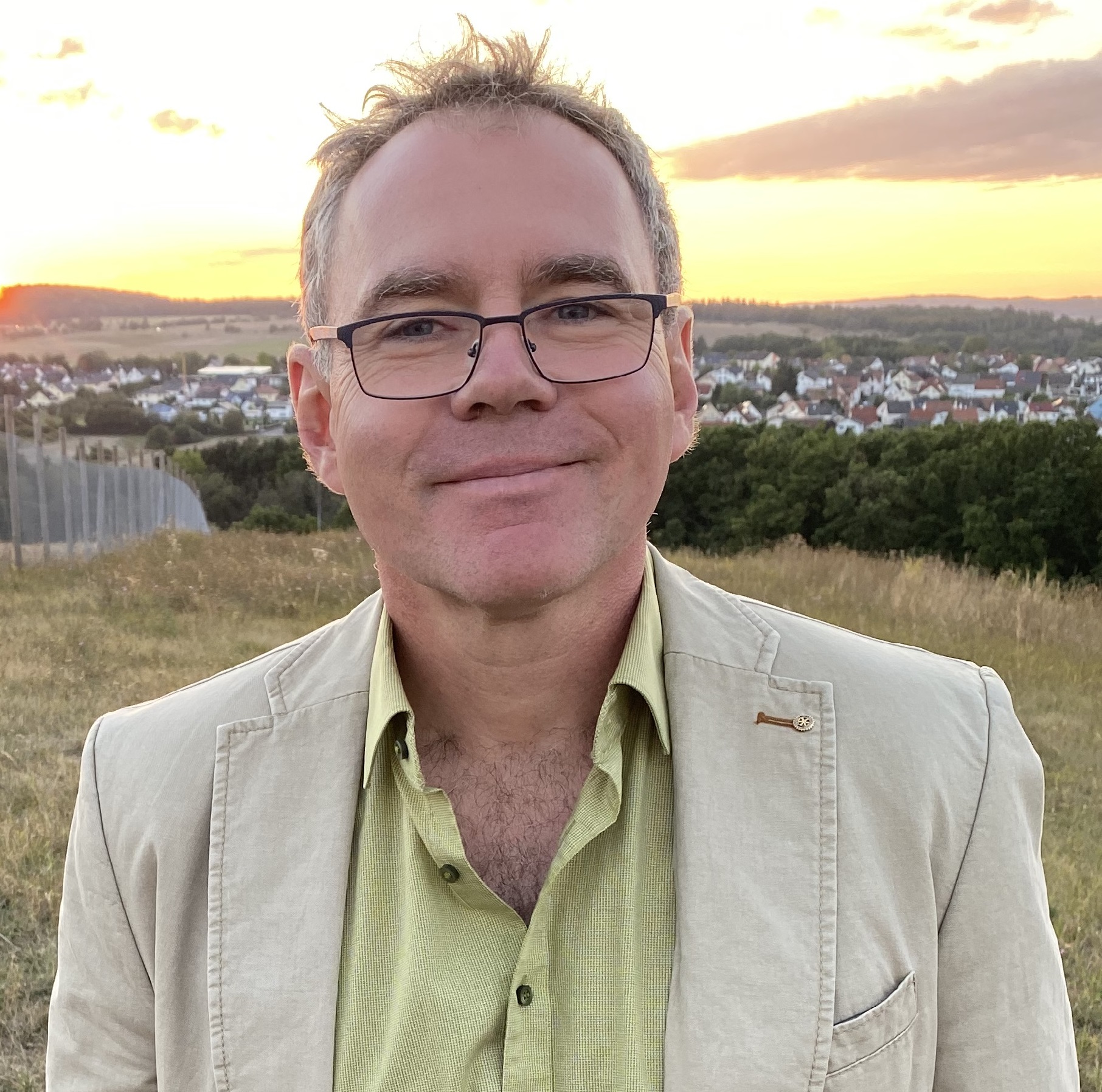Prof. Zorn takes over as deputy director at the Branch for Bioresources of the Fraunhofer IME

Since 1st January 2021, the Branch for Bioresources of the Fraunhofer Institute for Molecular Biology and Applied Ecology IME has a new deputy director: Prof. Dr. Holger Zorn. The professor of food chemistry and food biotechnology will support the head of the branch institute Prof. Dr. Andreas Vilcinskas at the Gießen site.
At the end of last year, Prof. Dr. Peter Czermak left the Fraunhofer IME for health reasons in order to devote himself fully to teaching and research at the Technical University of Central Hesse THM as part of his professorship. Prof. Czermak has accompanied the initial project group "Bioresources" from the beginning. As co-coordinator, he helped to found and establish the LOEWE Centre for Insect Biotechnology and Bioresources, a cooperation between the Fraunhofer Institute for Molecular Biology and Applied Ecology IME, the Justus-Liebig-University Gießen JLU and the Technical University of Central Hesse THM, which is funded by the State of Hesse. The Fraunhofer IME would like to thank Prof. Czermak for his successful work and outstanding personal commitment and wishes him all the best in his professional and private life.
Strategies for sustainable food production
His successor, Prof. Dr. Holger Zorn, has already taken over as deputy head of the Branch for Bioresources of the institute since 1st January 2021. Zorn, the former head of department at Fraunhofer IME, has also actively supported the LOEWE Centre for Insect Biotechnology and Bioresources since the beginning in his function as co-coordinator. In his department Food & Feed Improvement Agents, he and his team pursue sustainable solutions for the food and feed industry. "With annual sales of around € 165 billion and growth rates of 10 percent and more, the food industry is one of the most important German branches of industry," says Prof. Zorn, "Starting with the elucidation of metabolic pathways or the enzymes and gene clusters involved, strategies can be developed to make food safer, healthier and tastier." In consideration of the growing world population and climate change, the focus is on resource-saving food production. In addition to being deputy director of the institute section, Prof. Zorn will continue to act as executive director of the Institute of Food Chemistry and Food Biotechnology at Justus-Liebig-University Gießen. In 2019, he was awarded the renowned FEMA Excellence in Flavor Science in New York for his successful work in the field of flavor research. Prof. Zorn is a member of the Panel on Food Contact Materials, Enzymes, and Processing Aids (CEP) of the European Food Safety Authority (EFSA) and co-editor of the ACS Journal of Agricultural and Food Chemistry.
A worldwide unique centre for the development of bioresources
Together with Prof. Vilcinskas, head of the institute, Prof. Zorn is now facing up to current challenges and will continue Gießen's research on the topics of bioresources and insect biotechnology on its chosen path to scientific excellence and economic success. "I am very much looking forward to my new tasks," explains Prof. Zorn. "One of my primary goals is to make an important contribution to the development of sustainably produced and healthy food together with our highly motivated staff at the Branch for Bioresources."
Due to their biodiversity, basidiomycetes (higher fungi) and insects represent huge, partly still unexplored natural substance resources that are to be developed in Gießen. In addition to sustainable solutions for the food and feed industry, the scientists are also looking for environmentally friendly strategies for plant protection and active substances from which new antibiotics can be developed. At the end of last year, a new research building was opened for the institute's bioresources section, where a centre for the development of bioresources that is unique in the world is now to be created.
 Fraunhofer Institute for Molecular Biology and Applied Ecology IME
Fraunhofer Institute for Molecular Biology and Applied Ecology IME